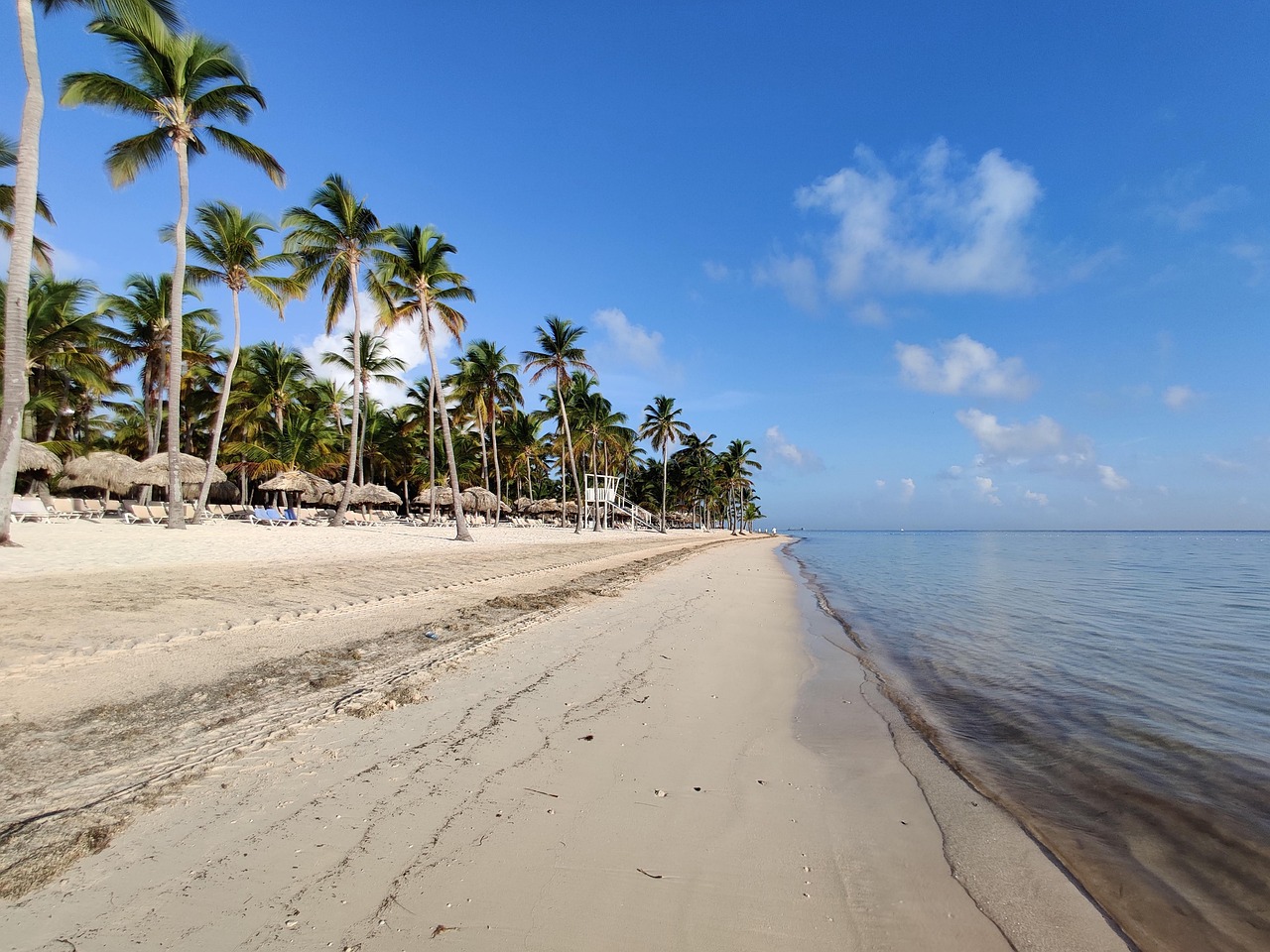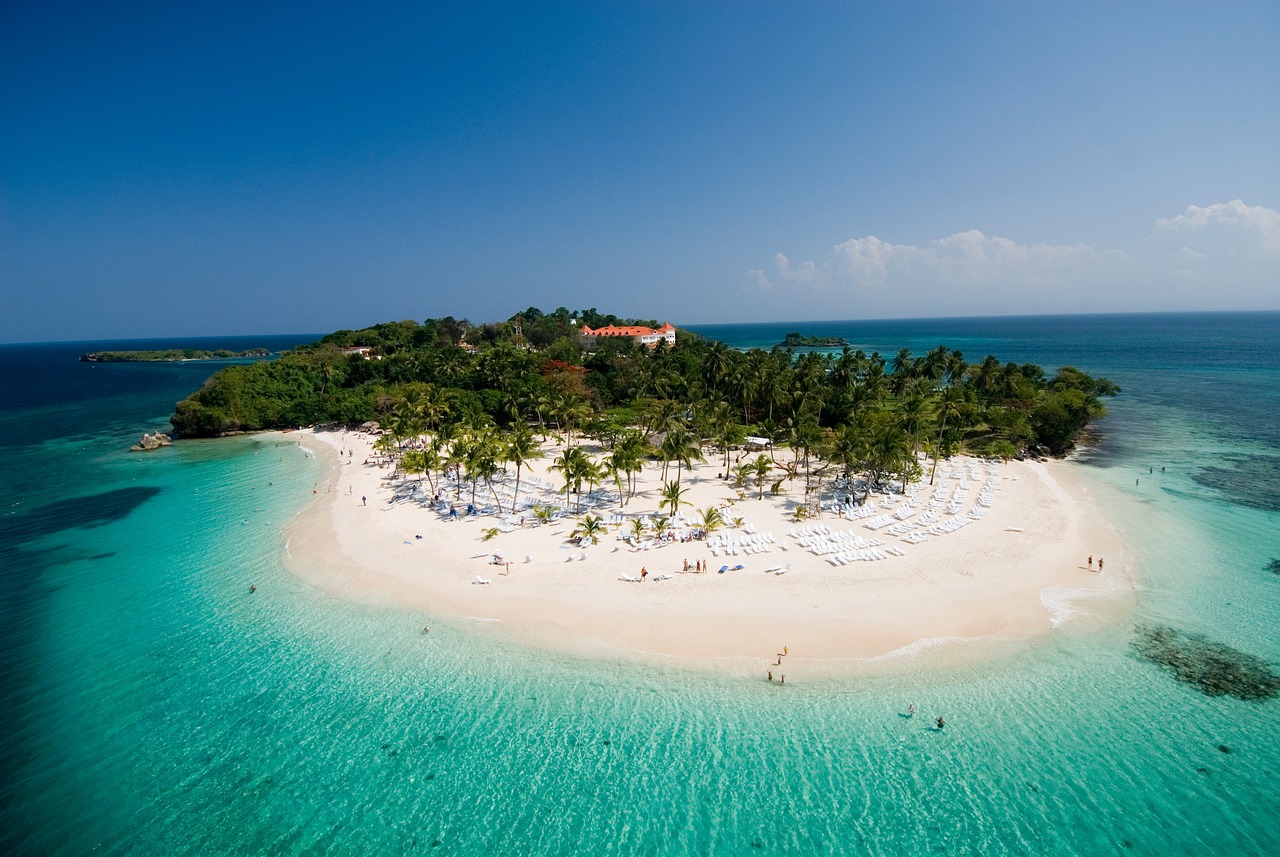Dominican Republic Video
Cost of Living in Dominican Republic: A Detailed Breakdown for Digital Nomads
The Dominican Republic is a popular destination for digital nomads due to its beautiful landscapes, vibrant culture, and affordable cost of living. If you’re considering relocating to the Dominican Republic, it’s essential to understand the breakdown of expenses you can expect. In this article, we’ll provide a detailed overview of the cost of living in the Dominican Republic, covering various aspects such as accommodation, transportation, food, and entertainment.
Accommodation
- Apartment Rental: Renting a one-bedroom apartment in the city center can cost around $450 to $650 per month. Outside the city center, prices can range from $300 to $500 per month.
- Guesthouses: If you prefer a more communal living experience, guesthouses are available for around $20 to $40 per night.
- Hotels: Hotels range from budget options starting at $30 per night to luxury resorts costing upwards of $200 per night.
Transportation
- Taxi Services: Taxis are a convenient mode of transportation within cities, with fares starting at $2 for short distances.
- Rideshares: Popular rideshare services like Uber and Lyft operate in major cities, providing affordable transportation options.
- Public Transportation: Buses are the most common form of public transportation, with fares ranging from $0.50 to $1.50 depending on the distance traveled.
Food
- Restaurants: Dining out in the Dominican Republic can range from affordable local eateries offering meals for $5 to $10, to upscale restaurants with higher prices.
- Groceries: If you prefer cooking at home, a week’s worth of groceries for one person can cost approximately $30 to $50, depending on your dietary preferences.
- Street Food: The Dominican Republic is known for its delicious street food, with prices ranging from $1 to $5 per item.
Entertainment
- Museums: Many museums in the Dominican Republic offer affordable admission fees, usually around $2 to $5 per person.
- Malls: Shopping malls provide a variety of entertainment options, including movie theaters and arcades.
- Parks, Lakes, and Beaches: Enjoying the natural beauty of the Dominican Republic is often free or requires a minimal entrance fee of around $1 to $5.
Dominican Republic Image 1:

Healthcare
- Hospitals and Clinics: The Dominican Republic has both public and private healthcare facilities. Costs can vary, but a doctor’s visit typically ranges from $20 to $50.
- Health Insurance: It’s essential to have health insurance while living in the Dominican Republic. Prices vary depending on coverage and provider.
- Medication: Prescription medication costs can be significantly lower in the Dominican Republic compared to other countries.
Utilities
- Electricity: Monthly electricity bills for a one-bedroom apartment can range from $50 to $100, depending on usage and air conditioning.
- Water: Water costs are relatively low, with monthly bills averaging around $5 to $10.
- Internet: High-speed internet plans start at $25 per month.
Dominican Republic Image 2:

Education
- Schools: The Dominican Republic offers both public and private schools. Tuition fees for private schools can range from $200 to $500 per month.
- Universities: Higher education institutions in the Dominican Republic have varying tuition fees depending on the program and institution.
- Language Schools: If you’re interested in learning Spanish, language school fees can range from $100 to $300 per week.
Visa and Residency
- Tourist Visa: Most visitors can enter the Dominican Republic with a tourist visa, which allows stays of up to 30 days.
- Residency: If you plan to stay long-term, various residency options are available, including retirement, investment, and work-related visas. Costs vary depending on the type of residency.
Dominican Republic Image 3:

Safety
- General Safety: While the Dominican Republic is generally safe, it’s essential to take precautions, particularly in tourist areas.
- Health and Hygiene: It’s recommended to drink bottled water and practice good hygiene to avoid any health issues while in the Dominican Republic.
- Emergency Services: The Dominican Republic has emergency services available, including police, fire, and medical assistance.
Conclusion
The cost of living in the Dominican Republic offers digital nomads an affordable and attractive lifestyle. With reasonable prices for accommodation, transportation, food, and entertainment, it’s a great destination for those seeking a balance between work and leisure. Remember to consider other factors such as healthcare, utilities, education, and visa requirements when planning your move to the Dominican Republic.
References
- dominicanrepublic.com
- lonelyplanet.com/guide/dominican-republic
- numbeo.com/cost-of-living
- expatistan.com/cost-of-living


